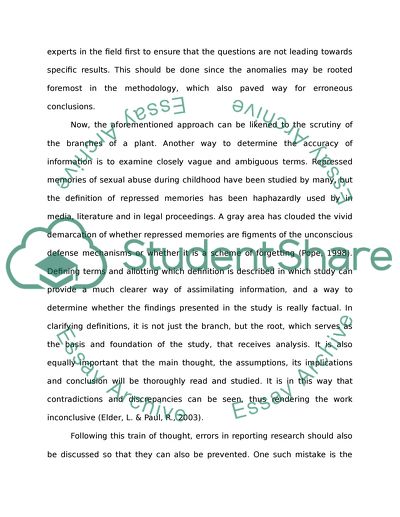Psychology Policy and Law Assignment Example | Topics and Well Written Essays - 1063 words. Retrieved from https://studentshare.org/psychology/1554977-wk-11-2nd-discussion
Psychology Policy and Law Assignment Example | Topics and Well Written Essays - 1063 Words. https://studentshare.org/psychology/1554977-wk-11-2nd-discussion.


